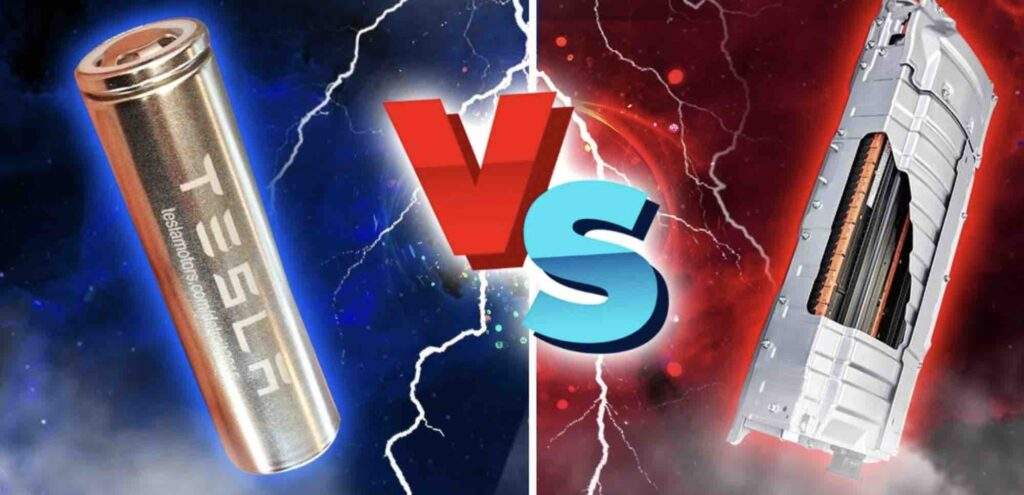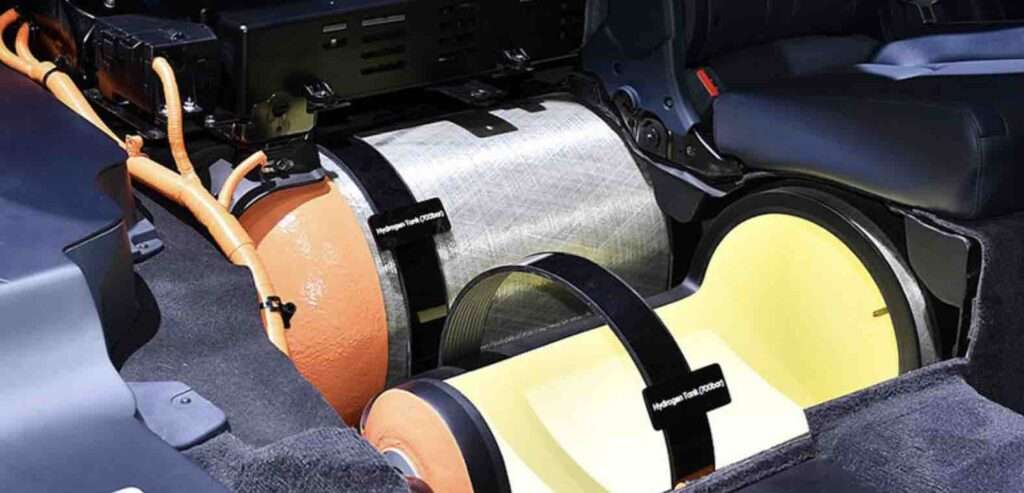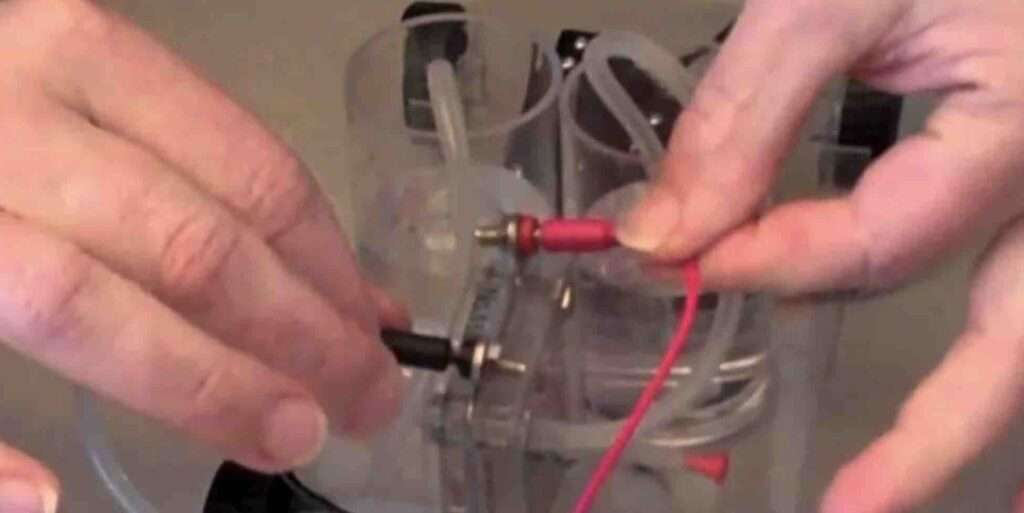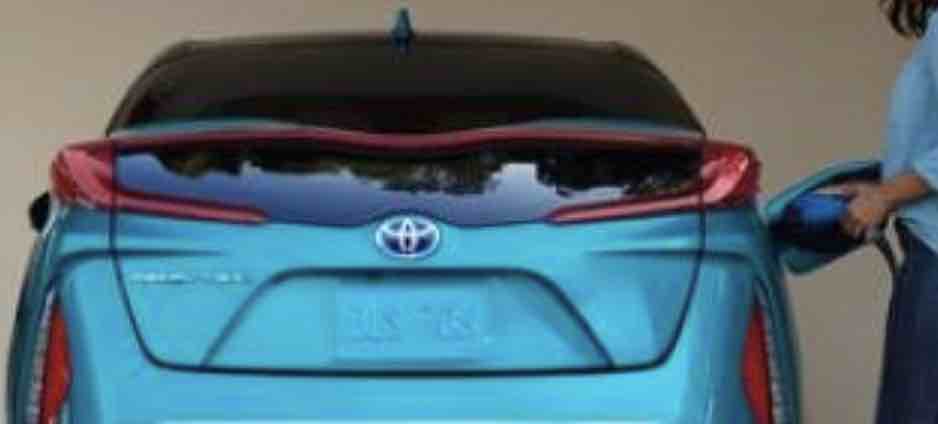Last updated on December 3rd, 2022 at 10:38 am
If you are reading this, it means you are looking for information on hydrogen fuel cell cars how it works. Maybe you searching hydrogen fuel cells advantages and disadvantages of fuel cell
Or what is the future for hydrogen fuel cell cars? Well, if any of this is what you are looking stay with me as we discuss the following: what is hydrogen fuel cell cars? how does a hydrogen fuel cell work? how hydrogen fuel cells work in cars? Can a car engine run on hydrogen, hydrogen fuel cell cars pros and cons?
Hydrogen fuel cell cars how it works( Pros and Cons)
Due to climate change regarding the pollution of the eco-system by emission of CO2, the international community and vehicle manufacturers are advancing in technology to cub this threatening problem. Hence, EVs and hybrid vehicles are gaining more popularity since they have a lower rate of carbon emissions that affect the ecosystem. Invariably, hybrid and electric cars are just some environmentally friendly cars in any case.
However, hydrogen fuel cell cars would sound like another science fiction, right? So, if you are concerned about cars as alternatives to combustive engines, then hydrogen fuel cell cars are the correct answer.
Interestingly, hydrogen cars are typical EVs that use fuel cells to power their motor rather than relying mainly on a lithium-ion battery pack; fuel cell electric vehicles (FCEVs) have water vapor as the only by-product, unlike gasoline vehicles that burn fuel and generate harmful discharges. Similarly, hydrogen fuel cells also use hydrogen and oxygen to create electricity that powers the hydrogen fuel cell electric cars.
Notwithstanding, this guide would examine, explore and seek solutions to most typical issues and questions, such as; what are hydrogen fuel cell cars, how does a hydrogen fuel cell work, how do hydrogen fuel cells work in cars, can a car engine run on hydrogen, how does a car engine run on hydrogen, hydrogen fuel cell cars’ pros and cons, and more.
Be patient to study through this post as I get started! read also: why is my windshield fogging up in the summer
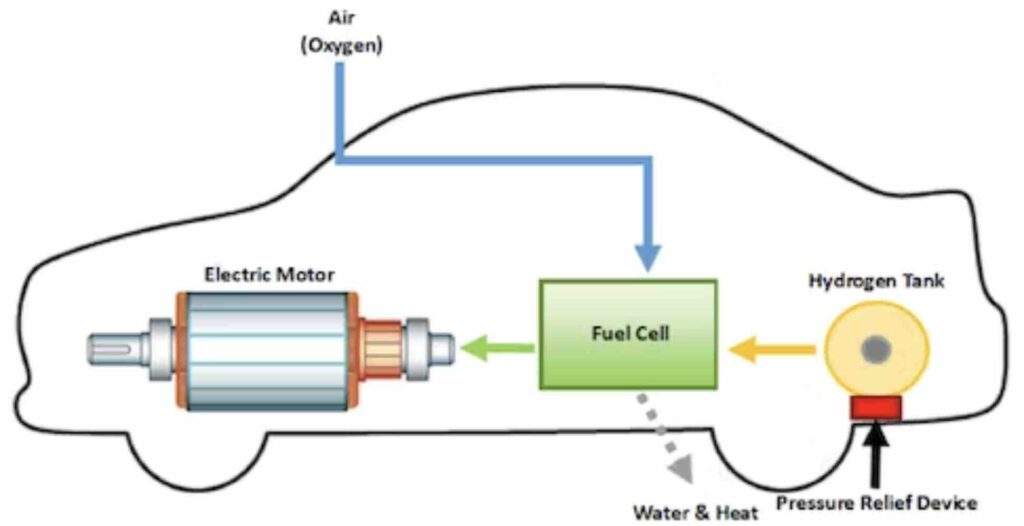
What Are Hydrogen Fuel Cell Cars?
Hydrogen fuel cell cars are significant cars that use hydrogen as fuel as their motive energy, and as much making them energy-efficient substitutes compared to gasoline vehicles. Additionally, hydrogen fuel cell vehicles (FCVs) utilize pressurized hydrogen to create electricity from a REDOX reaction of hydrogen and atmospheric oxygen. Although, this generated electricity is distributed partially to a battery pack used when the FCVs are functional.
How Does A Hydrogen Fuel Cell Work?
Without much ado, I would dive into the chemistry of the hydrogen fuel cell as quickly as!
However, a hydrogen fuel cell; results from a REDOX reaction between these common elements, hydrogen, and oxygen. Although this reaction converts helpful energy into electricity, hydrogen becomes the fuel. It combines with oxygen in the atmospheric air to produce an electrochemical cell, having the products as electricity and water vapor.
Similarly, this REDOX reaction occurs through a multi-step procedure involving the cathode, anode, and electrolyte membrane. However, the hydrogen molecules split at the negatively-charged anode into protons and electrons. Thus, the electrons create electricity and heat as they are in the circuit. In like manner, the protons join the electrolyte membrane. Then, the combination of electrons, oxygen, and protons forms water molecules at the cathode.
So far, flow plates facilitate the transfer of ions between the anode and the cathode. Hence, fuel stacks are required to increase the quantity of generated electricity since a cell can only produce less than 1.16 volts.
How Do Hydrogen Fuel Cells Work In Cars?
The working mechanism of the hydrogen fuel cells in cars is below.
Interestingly, the fuel cells’ powering is possible by compressed hydrogen gas inside the onboard fuel cell stack, which converts the fuel’s chemical energy to electrical energy without burning the gas. The generated electricity powers the vehicle’s electric motor. The above process would give the car’s tailpipe zero emissions and water as the only by-product. In a general perspective, the process, as mentioned earlier, and the mechanism apply to; how does a car engine run on hydrogen.
Can A Car Engine Run On Hydrogen?
Of course, yes, Vehicles run on hydrogen! Apart from the FCVs, you can modify other vehicle engines to run or operate on 100% hydrogen since they are far more efficient. Isn’t this awesome? Perchance, science and technology have made things easy and more fascinating. Toyota is selling hydrogen cars in selected locations, indicating that car engines can run on hydrogen so that you can get one, any case!
Hydrogen Fuel Cell Cars Pros And Cons
With unmanageable high emission rates and aids to climate change currently in the world, automobile manufacturers are hopeful that hydrogen fuel cell cars would be an alternative to gasoline vehicles and the battery-powered EVs that have made waves over these years.
Let’s look at the pros and cons associated with hydrogen fuel cell cars, in any case!
Pros Of Hydrogen Fuel Cars
Check these benefits as you get a hydrogen fuel cell vehicle for yourself!
1. Environmentally Friendly
Hydrogen fuel cell cars only emit water as the by-product, reducing so much concern for any air pollutants or greenhouse effect.
2. Fast In Refueling
Presently, hydrogen fuel cell cars are the fastest refueling vehicle models in the automobile world today, as they hold about 5 minutes of refueling time, unlike battery-electric vehicles that take about 30 to 60 minutes to recharge.
3. Long Range
Better than gasoline vehicles, hydrogen fuel cell cars could travel for about 300 to 400 miles before you would tend to refuel them.
4. High-Torque At Low Rpms
Like EVs, hydrogen fuel cell cars have significant torque at low RPMs. Perchance, they are accessible and perform well even at very low speeds.
Cons Of Hydrogen Fuel Cars
Here you have them, however!
1. Higher Cost Of Production
Hydrogen fuel cell vehicles are expensive to produce, which is why they are on a small scale than gasoline-powered or battery-electric vehicles (like hybrids). By research I made, the cheapest Toyota-hydrogen fuel cell car is worth about $57,500; perchance, this is much, in any case.
2. Lack Of Access
If you eventually get one of these models of hydrogen cars, you will have the complex challenge of gaining access to their refueling stations worldwide. For instance, the US holds only 14 stations presently.
3. Limited Options For Customers
Choosing a hydrogen fuel cell car is tricky since they are extremely limited to buyers. Only a few automobile manufacturers like Honda, Mercedes, Toyota, and Hyundai are investing in their production for now.
Hydrogen Fuel Cells Advantages
Interestingly, a hydrogen fuel cell has the following advantages due high level of technology. Perchance you have them here;
- Hydrogen, the most abundant element in nature, is renewable and readily available.
- It is a clean and flexible energy source with zero carbon emissions.
- The versatility of use is ideal in remote areas.
- Reduction of any carbon footprints.
- More sufficient and powerful than fossil fuels.
- Fast charging process.
- Zero noise pollution.
- Longer usage time frame.
Disadvantages Of Fuel Cells
Aside from the numerous advantages, hydrogen fuel cells have fewer disadvantages.
Check them out below;
- The highly inflammable ability of hydrogen gas is a problem during extraction.
- Heavy investment is required.
- The high cost of raw materials is an issue.
- Deep regulatory concerns, unlike battery or gasoline vehicles.
What Is The Future For Hydrogen Fuel Cell Cars?
Without much ado, aside from the drawbacks of hydrogen fuel cell cars, you can’t ignore that it is indeed a supportable and eco-friendly fuel choice. Regarding accepting more renewable energy sources in the hydrogen fuel cell supply, the FCVs could compete with BEVs, if not surpass them, as they hold two excellent pros over battery-powered vehicles; charging time and vehicle weight. Although, there are speculations that on or before 2030, hydrogen fuel cell cars will be across a range of transport modes like buses, rails, and even HGVs. These analytical speculations and anticipations would indicate that come 2030, there will be a very high demand for low-carbon and eco-friendly vehicles like hydrogen fuel cell cars. Nevertheless, most globally enlightened vehicle manufacturers would give their best shot on this! More from this article.
Conclusion
In my final words, hydrogen fuel cell cars use hydrogen as their fuel through an electrochemical process of REDOX reaction, where oxygen combines with hydrogen to create water and electrical power. Although debates have been high as regards the pros and cons of hydrogen fuel cells, despite that, hydrogen is ideally friendly to the environment and an excellent substitute for fossil fuels. It can also provide more flexible and high-density power to various modes of transportation as made available by hydrogen fuel cell technology.
However, hydrogen fuel cells would offer clean and renewable energy/power sources for mobile applications in years to come. Similarly, hydrogen would become the best and most preferred solution for future energy requirements; as fossil fuel runs out, hydrogen could eventually be the key to this global quest for environmentally- friendly automobiles. Do like and share this informative post with others! Read this Related Article:

Uchenna is a Radiographer and Auto parts mechanic who recently got his automotive diploma as an auto repair technician, and since then, has worked on fixing various car problems.
Working as just a radiographer, Uchenna didn’t just get all the fulfillment he desired, because he truly loved doing things tilted toward cars. As a kid, he would take apart his toy cars to see how they worked and would spend hours tinkering with his bike.
So, in 2017 he made the tough decision to become an auto mechanic. He threw himself into his studies and now loves every aspect of what he does.
He gets to work with his hands, solving problems and bringing cars back to life, and sharing his knowledge and easy quick-fix guide online are all part of what makes him feel fulfilled.

